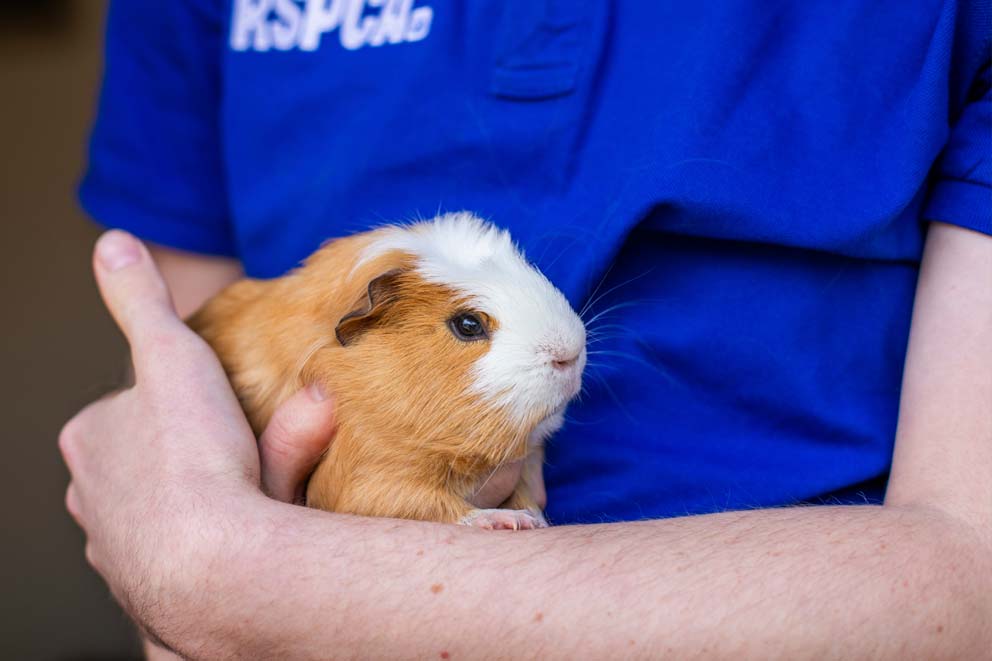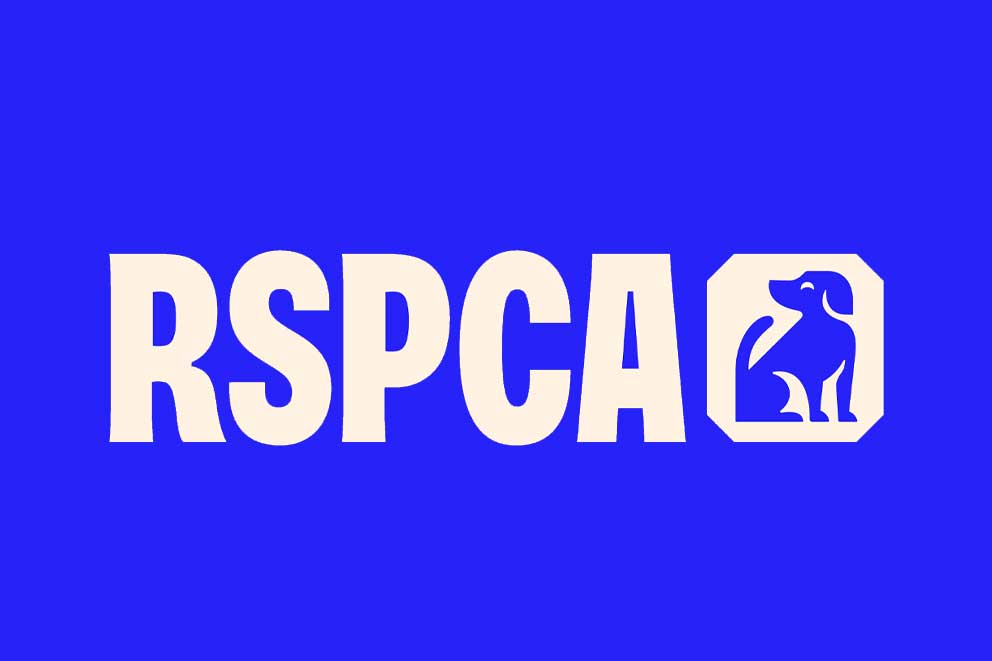- Find a Pet
- Advice and Welfare
- Ways to Give
- Get Involved
- What We Do
- Search
- My RSPCA
- Report a concern
- Gift in Wills
-
Colour modeVivid Calm
- Home
- What we do
- Latest
- Our blog
Our blog
Our regularly updated blog is packed full of exclusive insights from our experts and frontline staff.
Read about our most pressing campaigns, get the full view on current animal welfare issues, follow heartwarming rescue stories, and learn more about caring for and protecting the animals around you.

Nine facts you need to know before getting guinea pigs
Guinea pigs are very active, they can be awake for up to 20 hours a day - you don't need much beauty sleep when you're a guinea pig!








